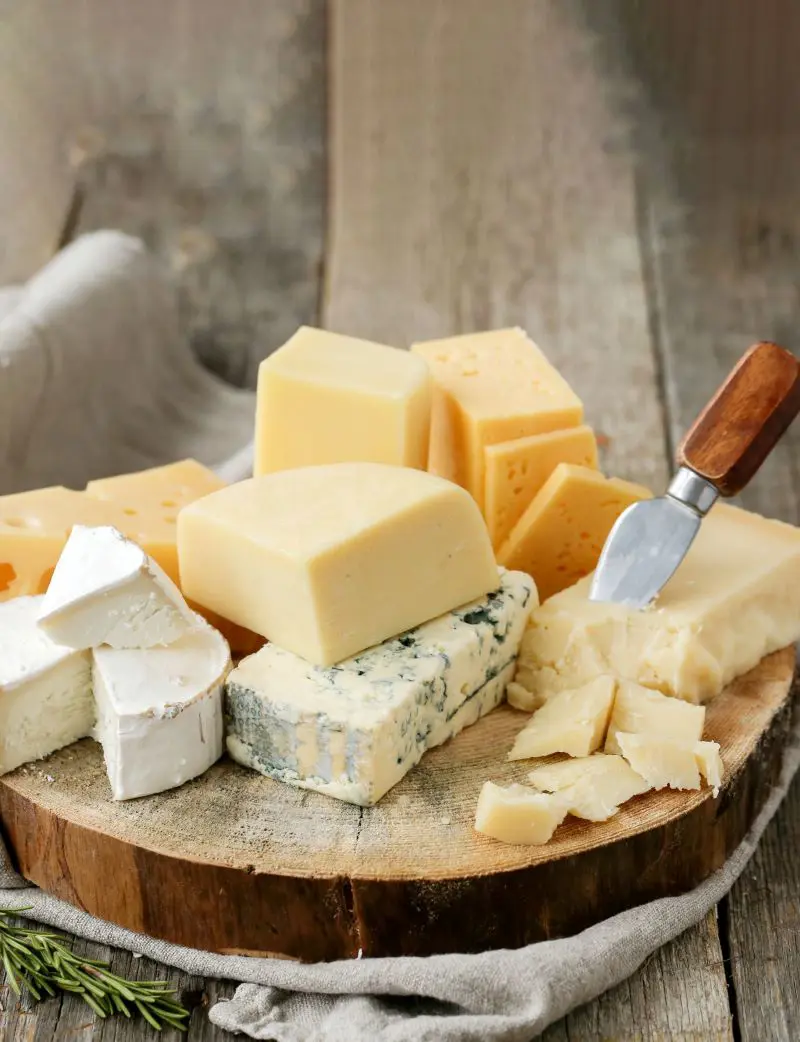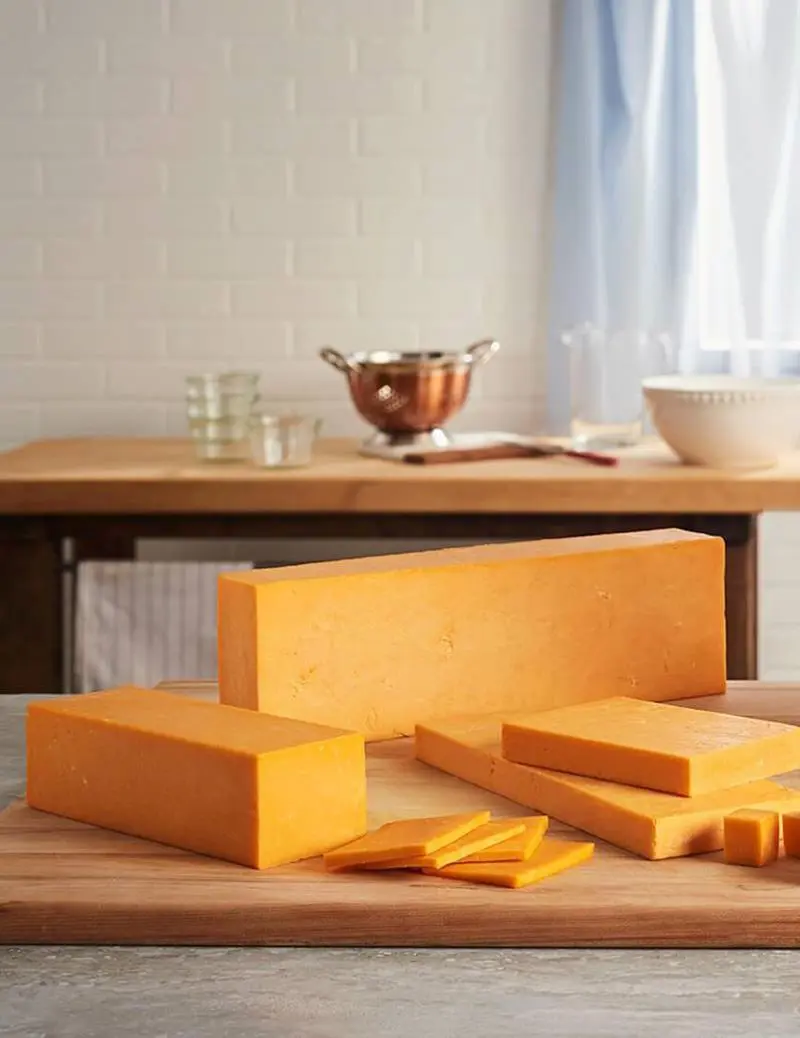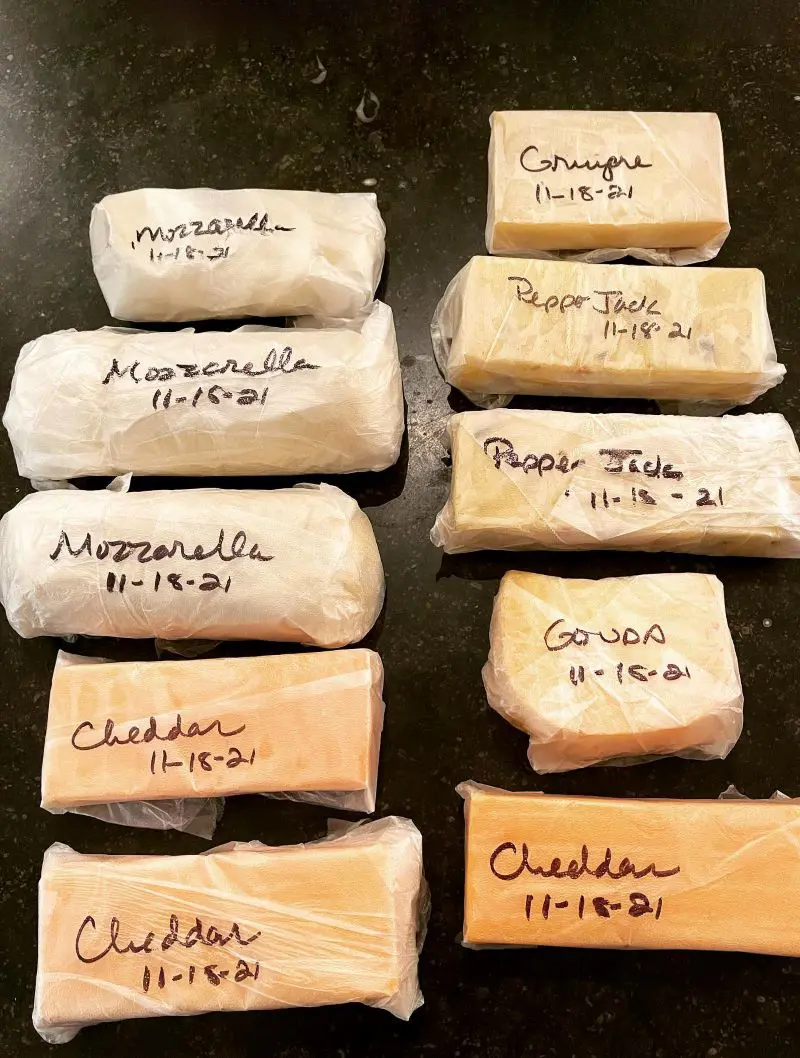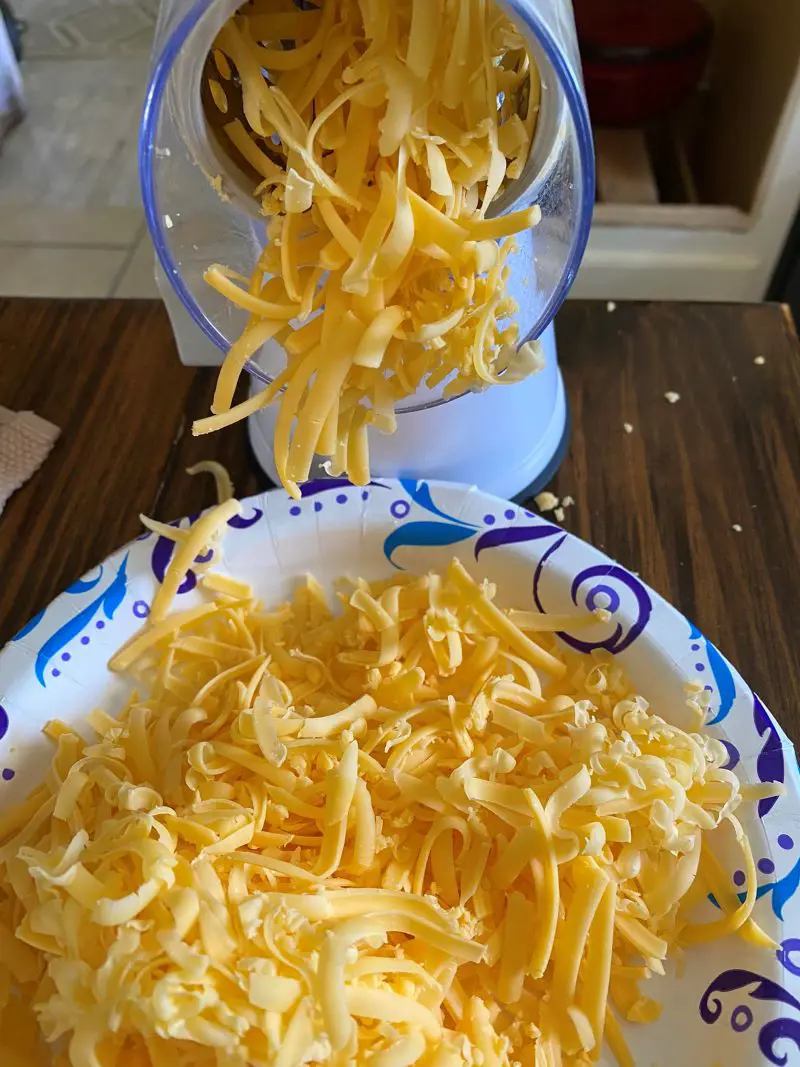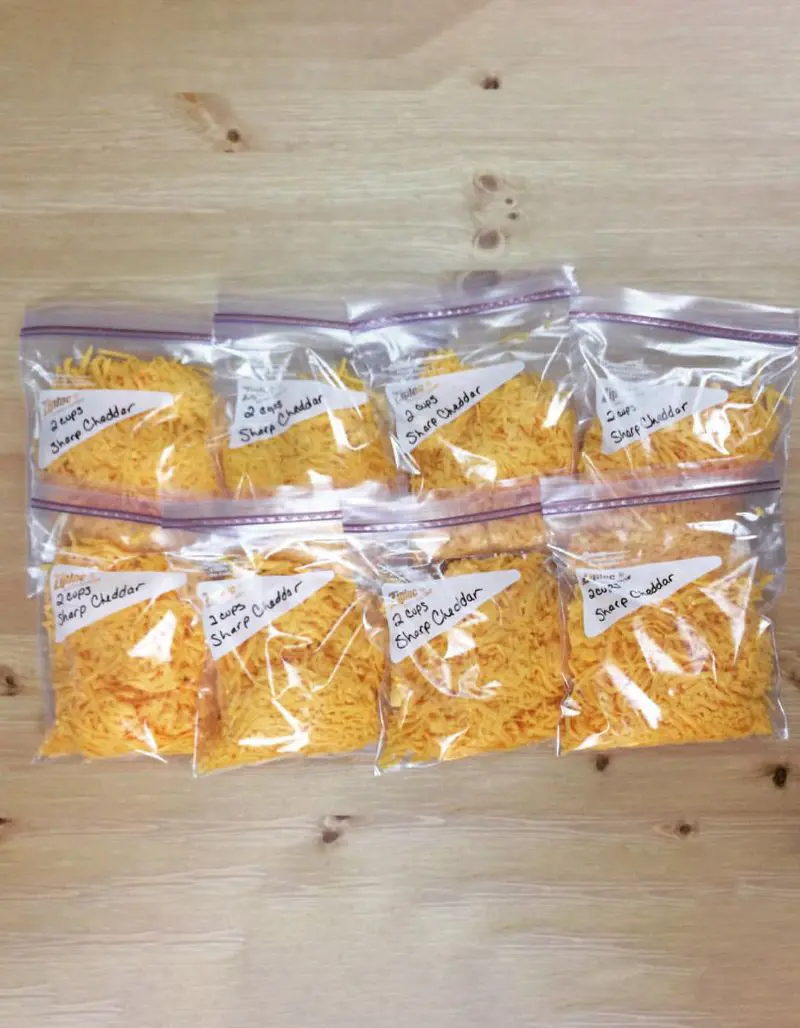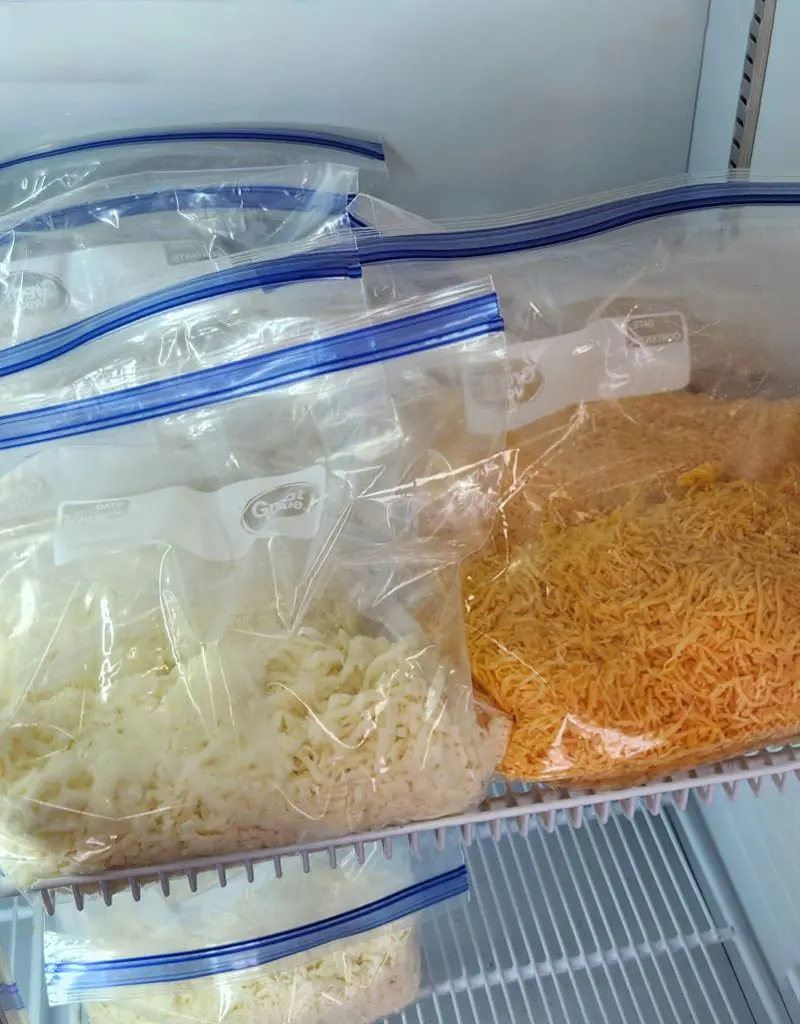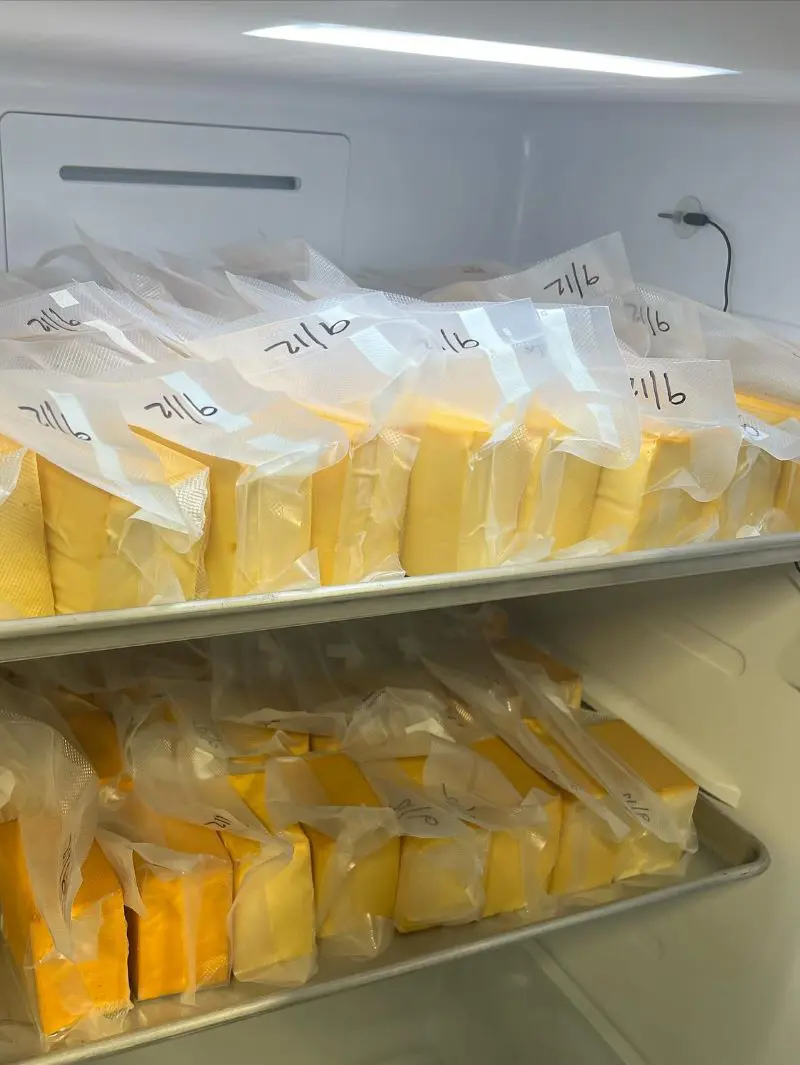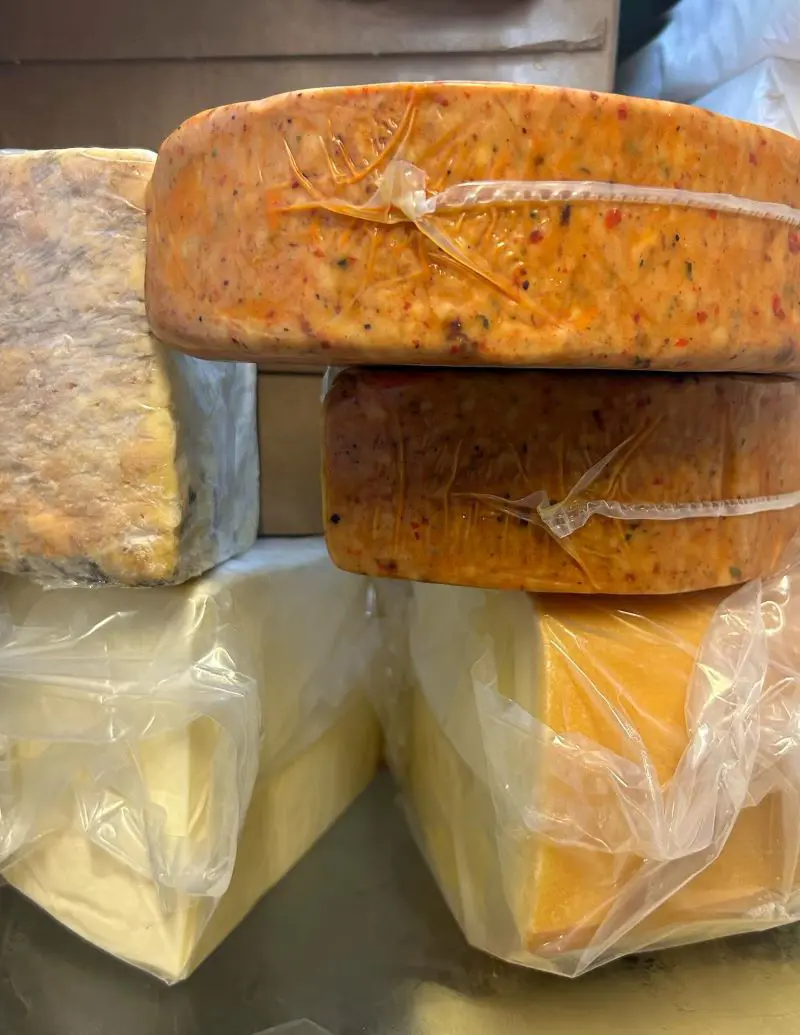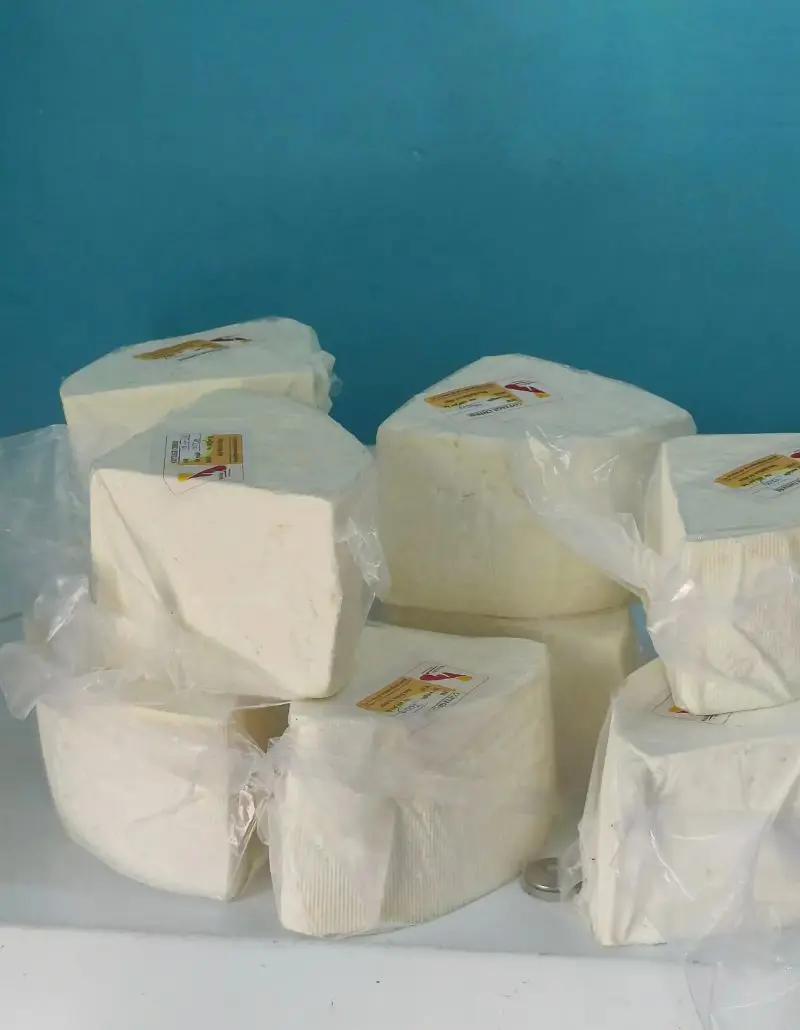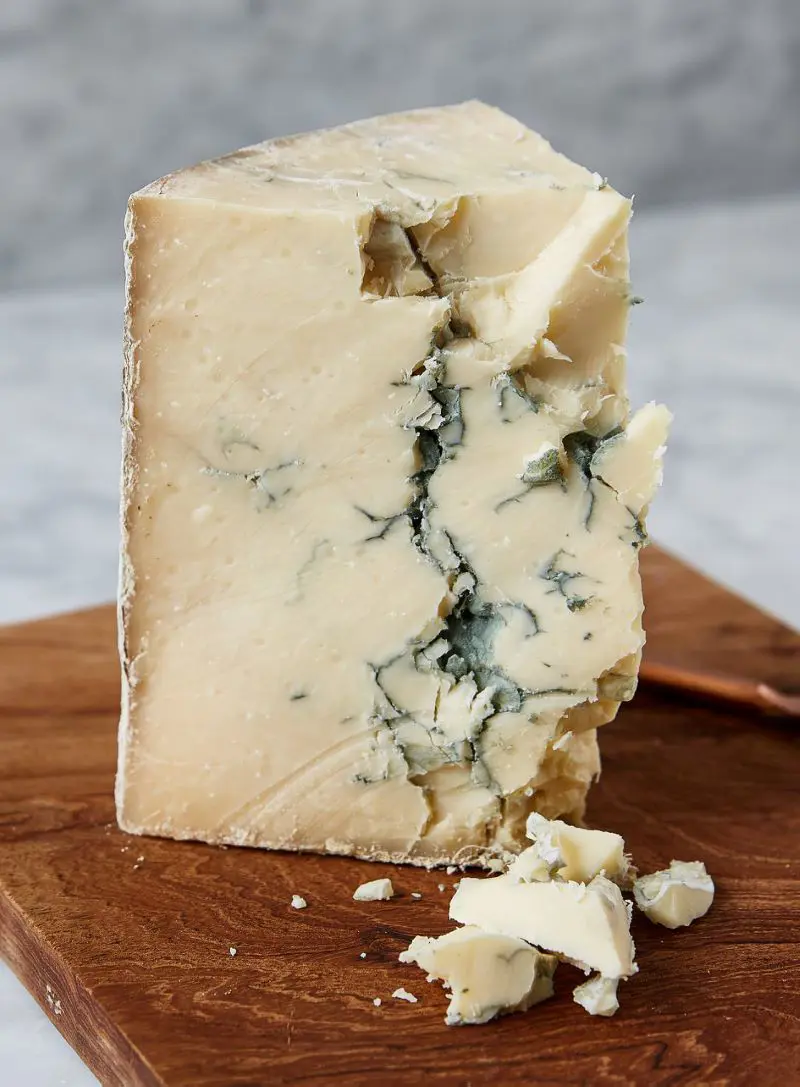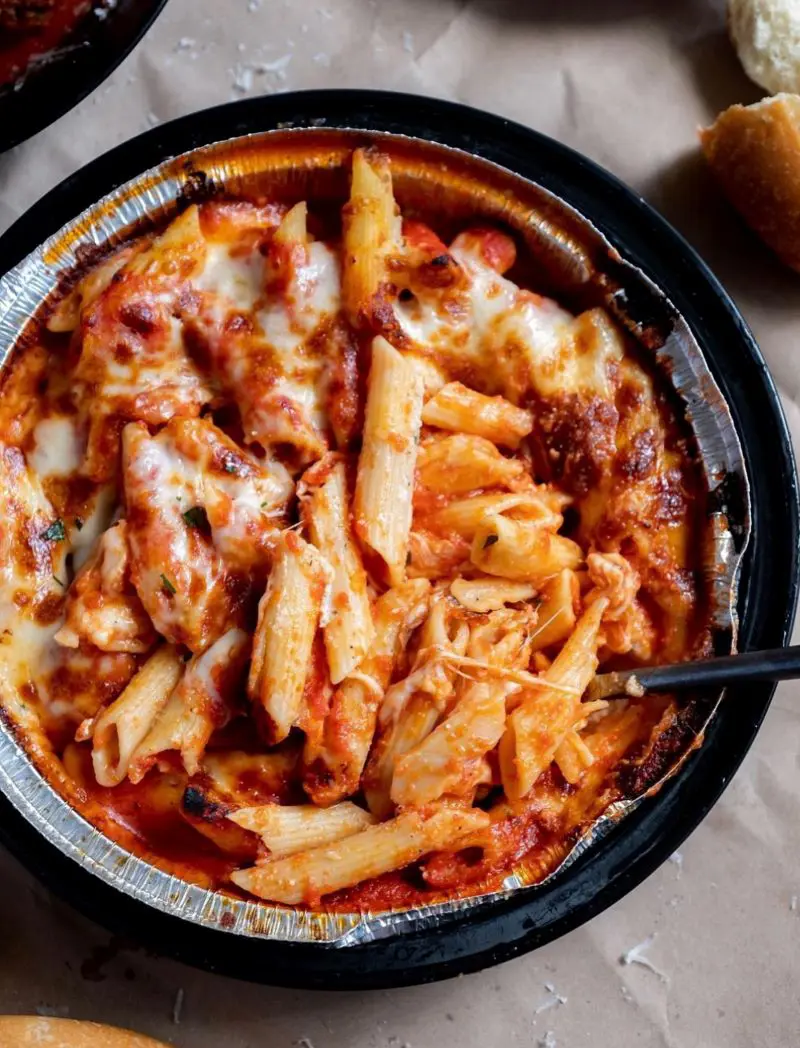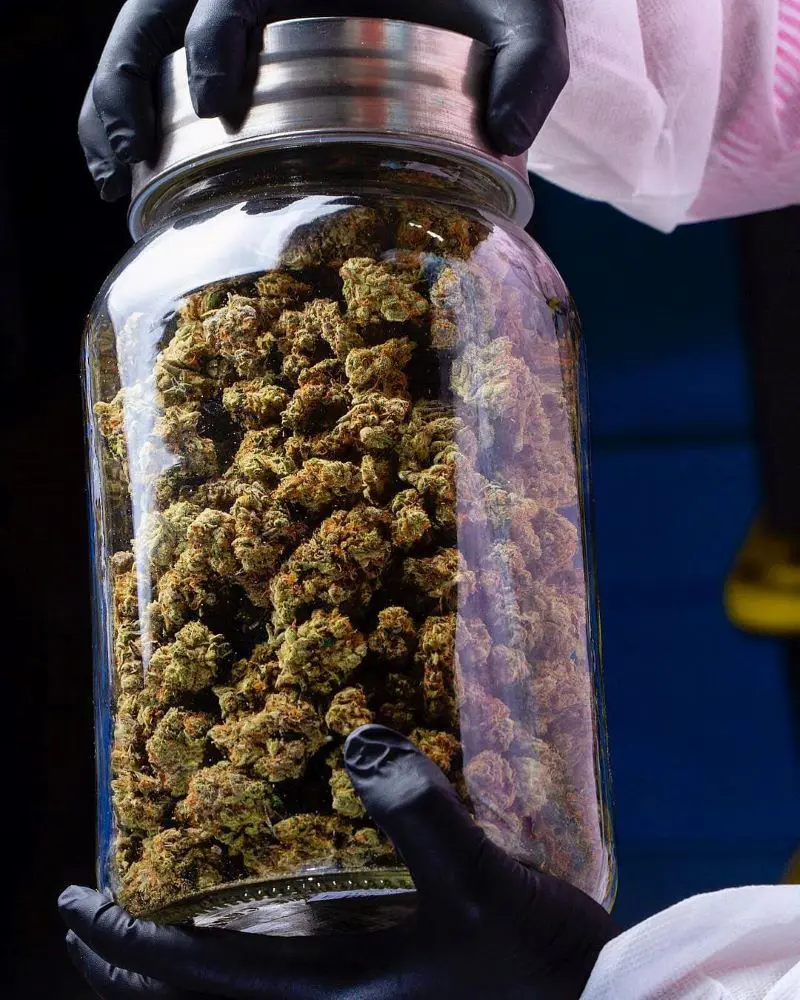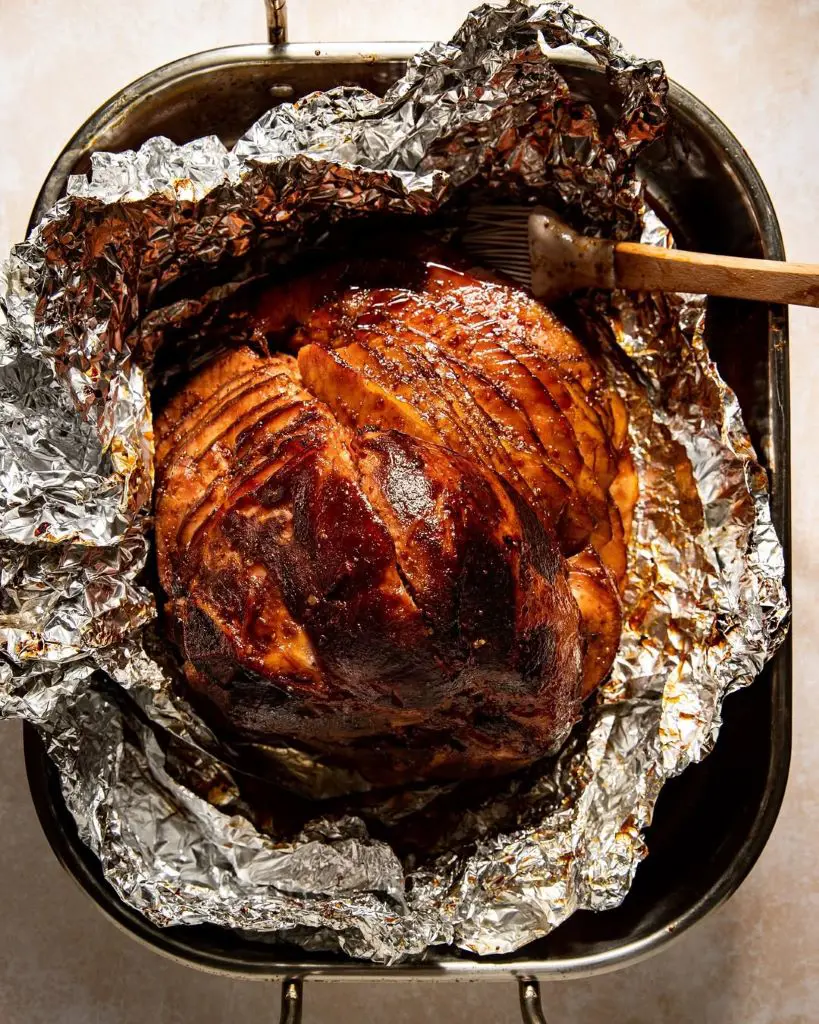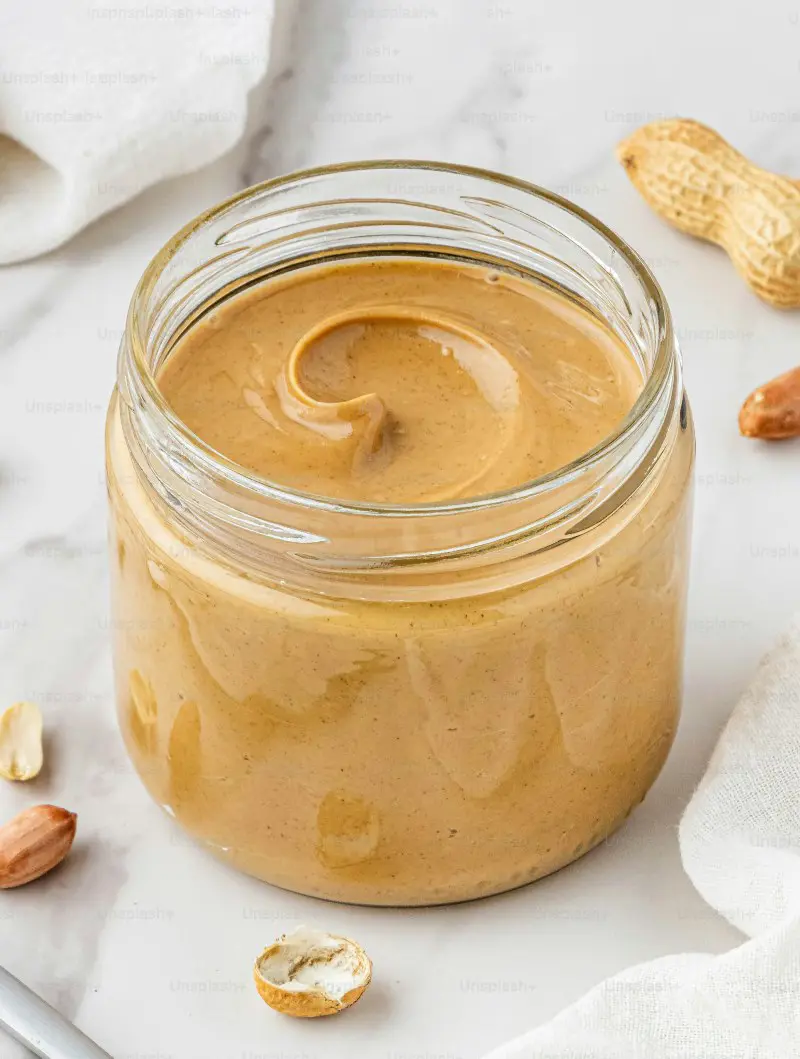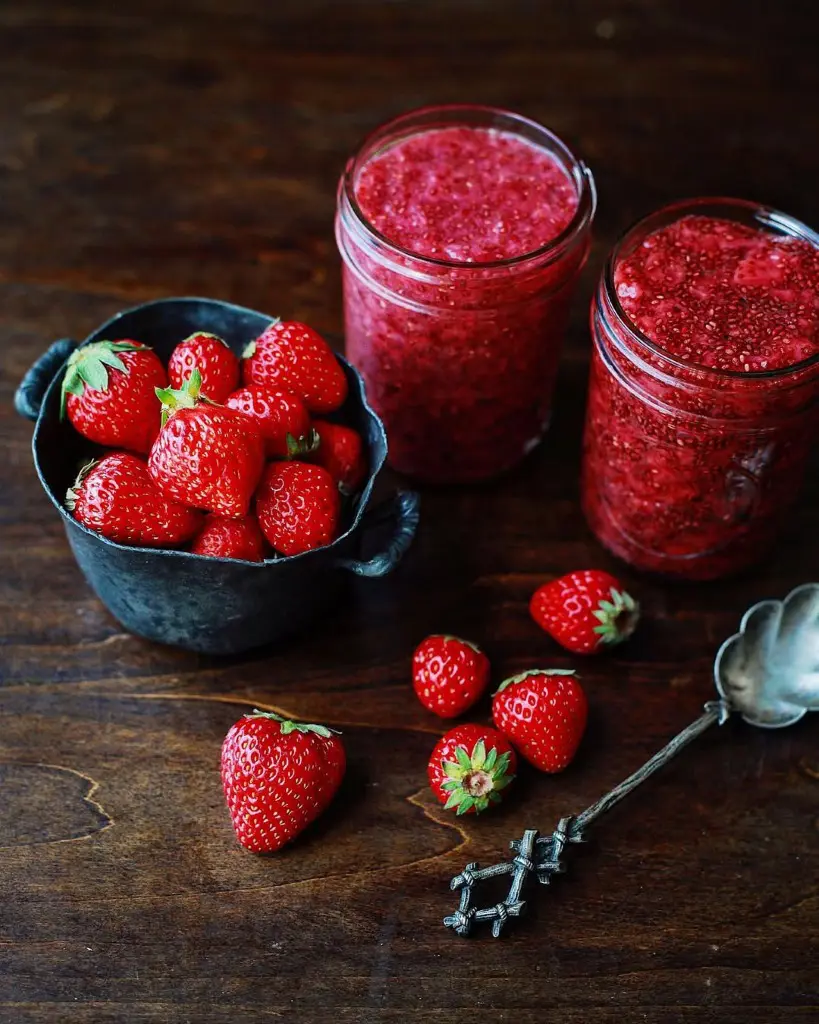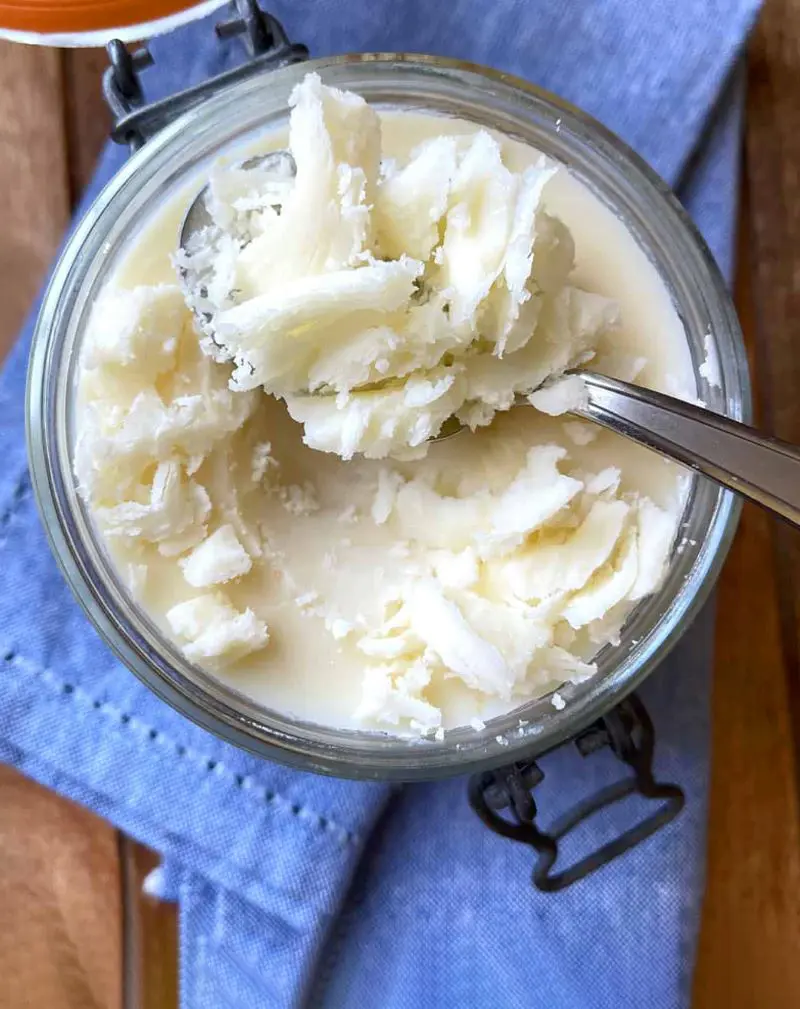Can You Freeze Cheese

Yes, you certainly can! But before you start, you need to have some idea of the basic rules. Even though one can freeze cheese to extend its shelf life, the type of cheese and your intention towards using it will define how successful you will be.
Generally, cheese intended for cooking will freeze better as compared to the one supposed to be served on its own.
Also, notice that harder cheeses hold up well when frozen, however, not every variety is suitable for long-time preservation. If your cheese has a natural rind, keep in mind that it's not best for freezing.
Regardless, cheese is best enjoyed fresh for top-rated taste and texture. However, many times it’s not possible to use large amounts before the use-by date. In such instances, freezing comes to the rescue.
This process for preserving food has been around for more than 3000 years. This is an effective method that helps to avoid losses and spoilage of food products fast and saves money meanwhile.
